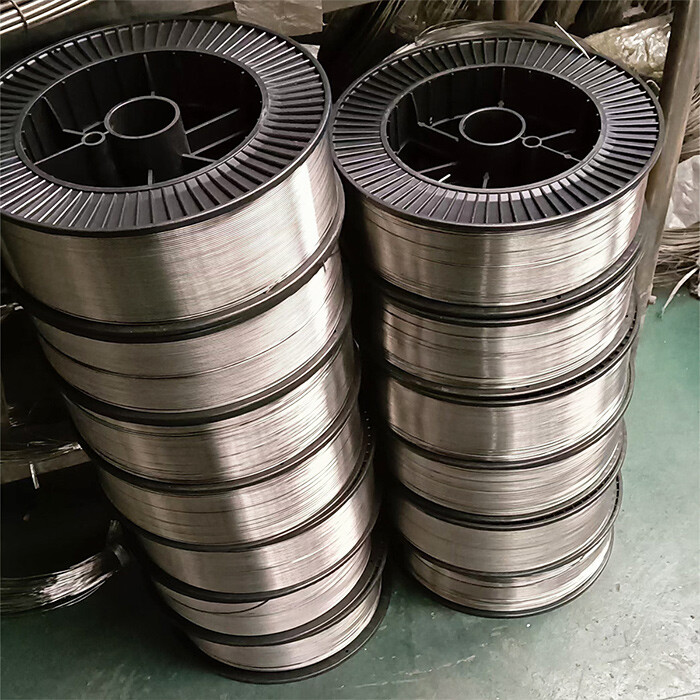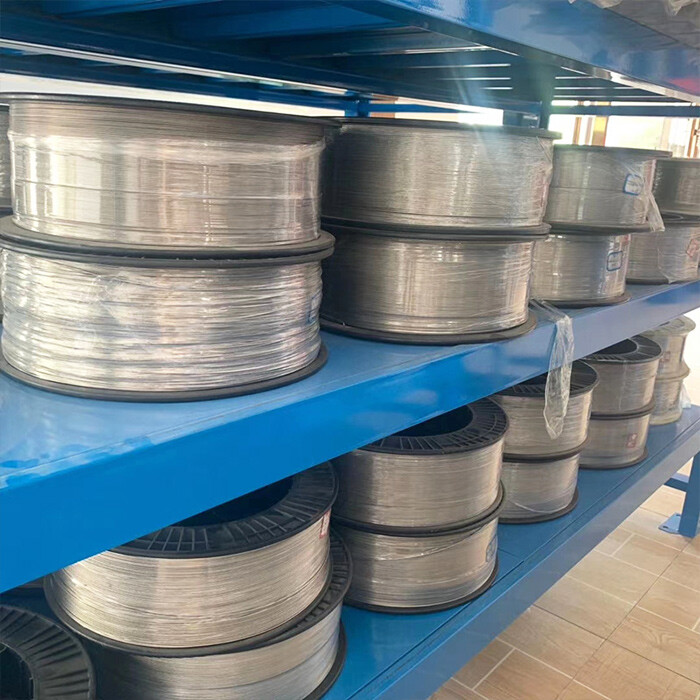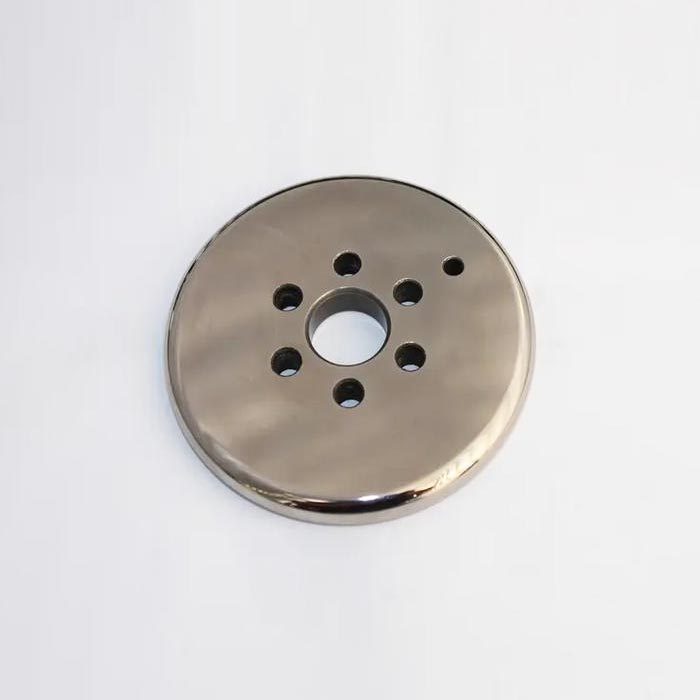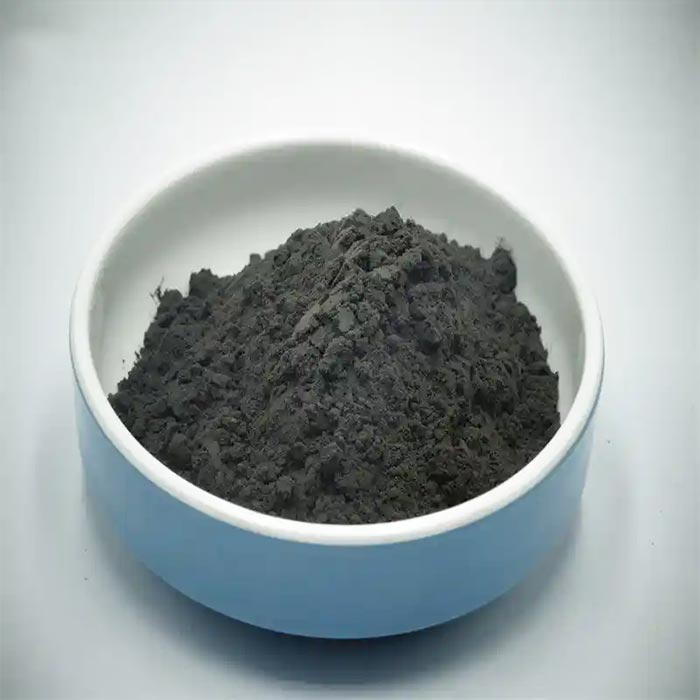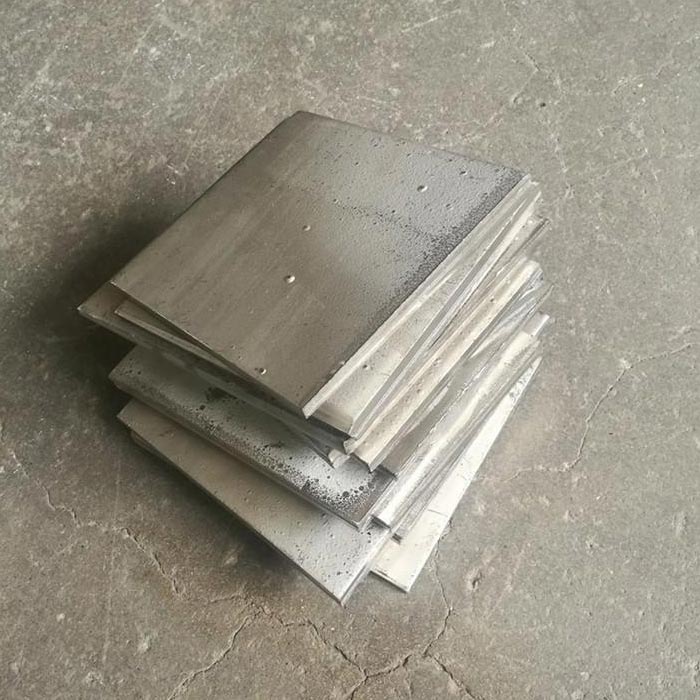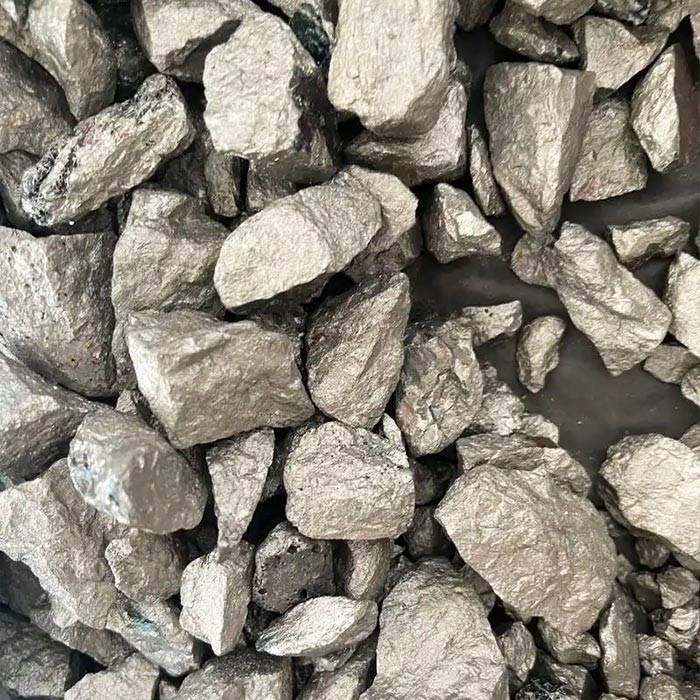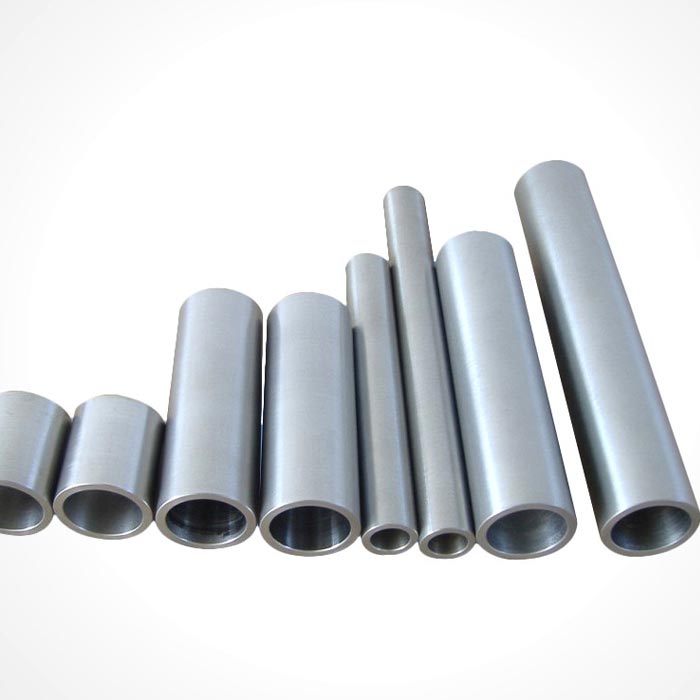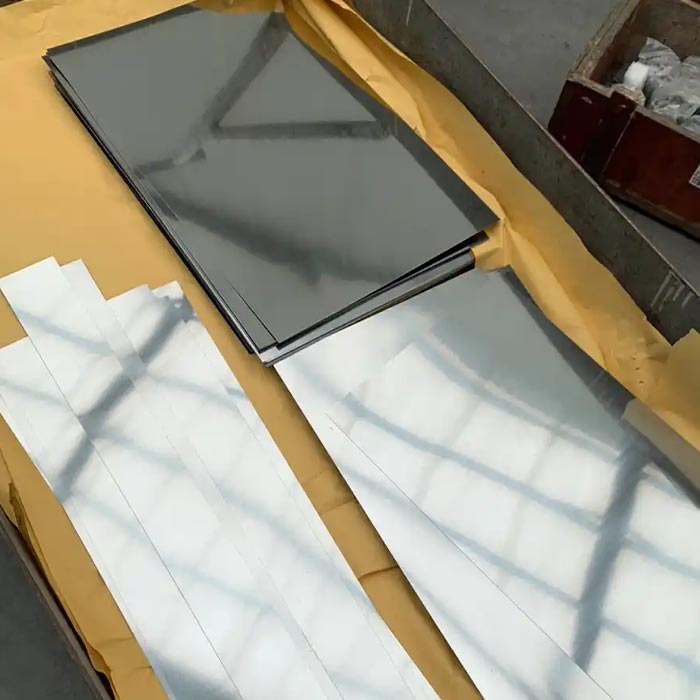
PRODUCTS
Search
Categories List
PRODUCT DESCRIPTION
Titanium wire is a silver-white metal with many excellent properties. The density of titanium is 4.54g/cm3, which is 43% lighter than steel and slightly heavier than the famous light metal magnesium. The mechanical strength is about the same as steel, twice as strong as aluminum, and five times stronger than magnesium. Titanium is resistant to high temperatures, with a melting point of 1942K, which is nearly 1000K higher than gold and nearly 500K higher than steel.
Titanium wire is divided into: titanium wire, titanium alloy wire, pure titanium glasses wire, titanium straight wire, pure titanium wire, titanium welding wire, titanium hanging wire, titanium coiled wire, titanium bright wire, medical titanium wire, titanium-nickel alloy wire.
PRODUCT USE
Military, medical, sporting goods, glasses, earrings, headwear, electroplating racks, welding wire and other industries.
CARBURIZED SURFACE TREATMENT
Titanium wire forms a stable carbide with higher hardness with carbon. The growth of the carbonized layer between titanium and carbon is determined by the diffusion rate of titanium in the carbonized layer.
The solubility of carbon in titanium is small, totaling 0.3% at 850X:, and it drops to about 0.1% at 600C. Since the solubility of carbon in titanium is small, it basically only passes through the titanium carbide layer and its lower fork domain. Deposit a layer to achieve surface hardening. Carburizing must be carried out under the condition of removing oxygen, because the hardness of the surface layer formed when the powder commonly used for carburizing steel faces the surface of carbon monoxide or oxygen-containing carbon monoxide reaches 2700MPa and 8500MPa, and it is easy to peel off.
In contrast, a thin layer of titanium carbide may form during carburization in charcoal under deoxidized or decarburized conditions. The hardness of this layer is 32OUOMPa, which is consistent with the hardness of titanium carbide. The depth of the carburized layer is roughly greater than the depth of the nitrided layer when nitriding with nitrogen under the same conditions. In oxygen-enriched conditions it must be taken into account that the absorption of oxygen affects the depth of hardening. Only under the condition of very thin layer thickness, it is possible to form sufficient adhesion strength by infiltrating carbon powder in vacuum or argon-methane atmosphere. In contrast, using gas carburizing agent may form a particularly hard and good adhesion. Hardened layer of titanium carbide.
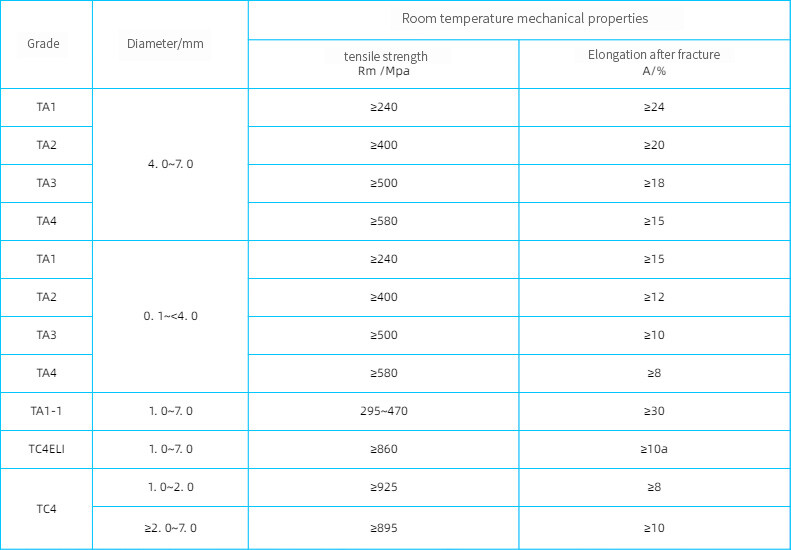
Q1: Where is your company located?
A: Jinan, Shandong
Q2: How is the quality control of your company?
A: We attach great importance to quality control from the beginning to the end, and our QC department will strictly check all goods before shipment. Third-party inspection is welcome.
Q3: Can customer brand be made?
A: Yes, OEM is welcome if the quantity exceeds the MOQ.
Q4: Where is your loading port?
A: Qingdao Port.
Q5: Do you provide free samples?
A: Yes, free stock samples will be provided, but the freight will be borne by the customer. Please contact us to check the freight according to the customer's address.
